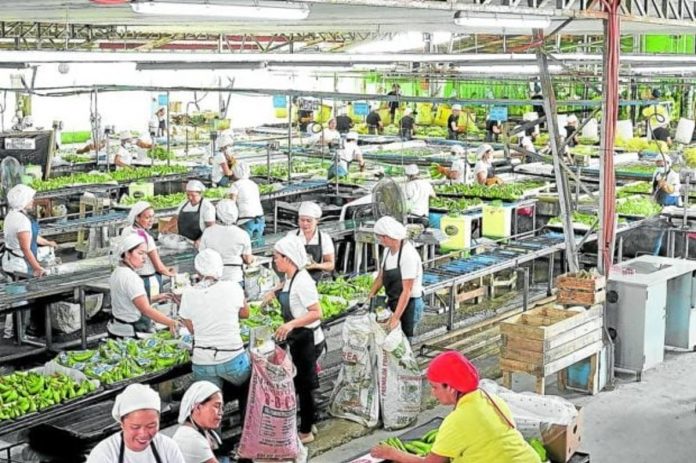
MANILA – Kilusang Mayo Uno (KMU) national chairman Elmer Labog on Wedneaday called for the junking of the Wage Rationalization Act, asserting that a uniform minimum wage for all regions in the country should be implemented instead.
“Para sa amin, dapat ibasura ang RA 6727 at magpatupad ng isang pambansang minimum na sahod. Ang sigaw ng manggagawa: isang bansa, isang minimum na sahod, at dapat ay nakabubuhay,” said Labog in a Wednesday Senate hearing.
‘Missed goals’
At the hearing conducted by the Senate’s committee on labor, employment, and human resources development, Labog stressed that the wage rationalization act has “not achieved its goals” of easing nor accelerating wage increases for Filipino workers.
“Ang pagtaas ng implasyon at krisis sa ekonomiya ay ramdam ng manggagawa saan mang panig ng bansa, kaya isang kabalintunaan na gawing magkakaiba ang sahod sa rehiyon,” he said.
“Dagdag pa po, sa nakalipas ng tatlong dekada ay hindi sumasabay ang pagtaas ng sahod sa pagtaas ng labor productivity at sa sinasabing paglago ng ekonomiya na lahat naman ay bunga ng paghihirap ng manggagagawa,” the labor activist added.
Labog also reiterated KMU’s support for the National Minimum Wage Act of 2022, a House bill filed in September 2022 seeking to establish a uniform minimum wage for private sector workers across all regions.
“Sa Kongreso, isa kami na nagtulak sa panukalang pagpapatupad ng national minimum wage under House Bill 4898. Layon nitong gawing isa ang antas ng sahod sa buong bansa,” he said.
Labog emphasized that while the minimum wage bill does not specify a certain amount, it mandates that the minimum wage in the country should be adjusted based on what is “necessary for raising a family and maintaining its decent existence,” as written in the bill— providing food, clothing, shelter, education, and health maintenance; social and other related needs; and adjustments based on the cost of living changes among others.
“Walang halagang nakalagay, pero nakasaad na dapat i-pantay sa umiiral na family living wage, minamandato rin ang taunang wage increase,” Labog concluded. (Sofia Abrogar © Philippine Daily Inquirer)




